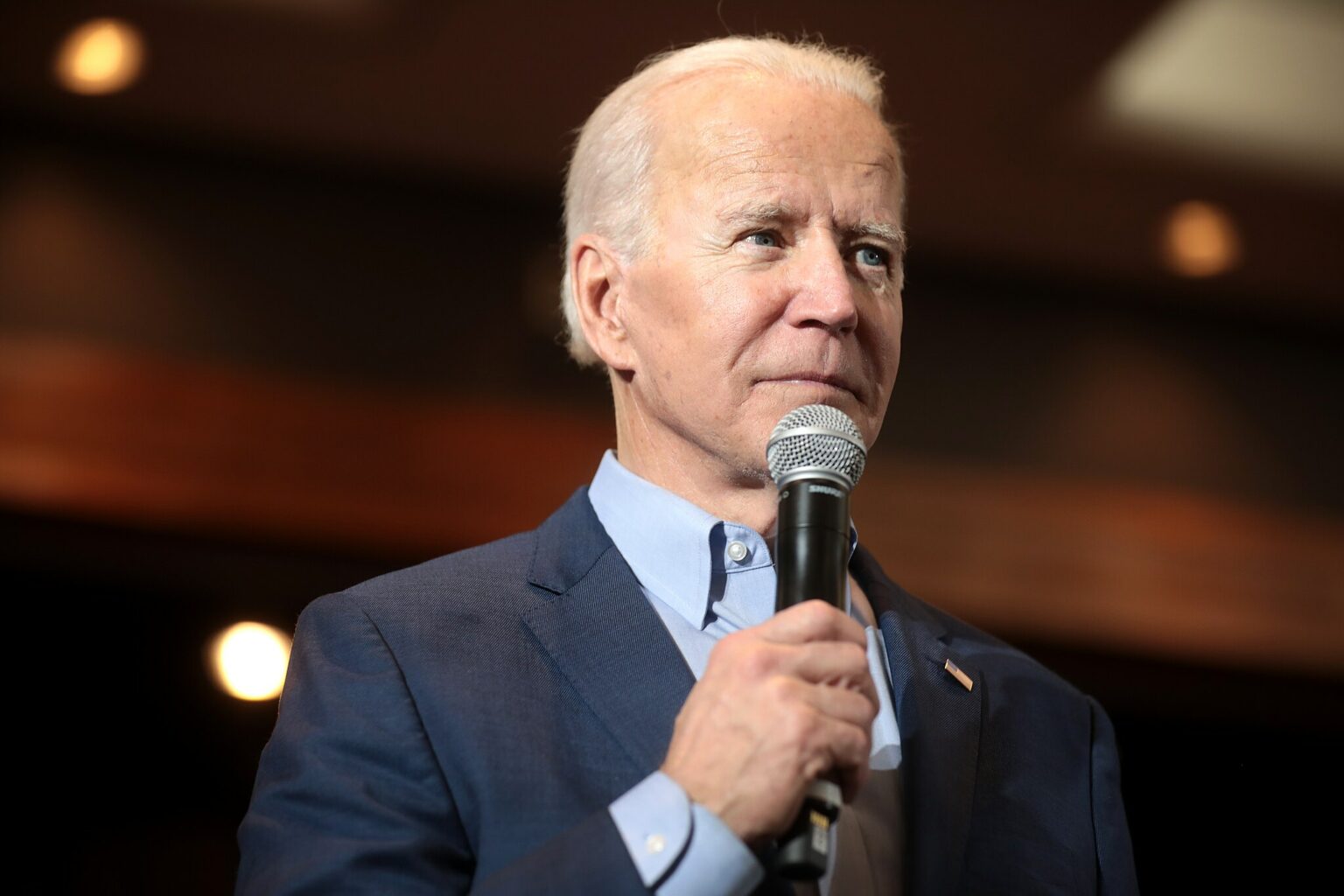Supreme Court’s Ruling Derails Trump’s NY Case
Just a month after a New York jury delivered a historic conviction, former President Trump’s legal fortunes took a dramatic turn following a pivotal Supreme Court ruling on presidential immunity. The verdict in Trump’s hush money case, which had slated his sentencing for the upcoming week, now faces uncertainty as his legal team seizes upon the new ruling as grounds to challenge the conviction. Judge Juan Merchan swiftly responded to the Supreme Court’s decision by halting the sentencing until September, cautioning that it may not proceed at all.
The Supreme Court’s ruling, which affirms a presumption of immunity for former presidents regarding official acts, marks a significant legal victory for Trump in his ongoing legal battles. This decision effectively shields him from potential trials on remaining charges until after the upcoming election, allowing him to focus on his political ambitions of reclaiming the presidency.
Moreover, the ruling provides Trump with ammunition to contest his sole criminal conviction to date. Cheryl Bader, a former federal prosecutor and law professor, noted that while the presumption of immunity poses a challenge to prosecutors, it is not insurmountable.
In May, a New York jury found Trump guilty on multiple counts related to falsifying business records to cover up a payment to Stormy Daniels, a porn star, just before the 2016 presidential election. Trump’s defense does not dispute the charges themselves but argues that trial evidence, particularly regarding his official acts, was improperly presented to the jury under the new Supreme Court guidelines.
Chief Justice John Roberts, supported by a majority of the court, emphasized that evidence of official acts cannot be used in such cases, even if they are linked to unofficial conduct. This stance aims to prevent jurors from being prejudiced by their views on a president’s policies or performance while in office.
Trump’s legal team has criticized Manhattan District Attorney Alvin Bragg for including Trump’s official communications and testimony from aides as trial evidence. They contend that such evidence should never have been admissible under the Supreme Court’s latest ruling, citing examples such as tweets critical of prosecution witnesses during his presidency.
The Supreme Court’s decision clarified that while most of a president’s public communications fall within official duties, there are exceptions where unofficial capacity may apply, such as during election campaigns or party leadership roles.
Key evidence under scrutiny includes call records between Trump and his lawyer during his presidency, a government ethics form disclosing the hush money payment, and testimony from former adviser Hope Hicks. The significance of Hicks’ testimony, particularly if conversations were in an official capacity, raises questions about its impact on the conviction.
Despite Trump’s legal maneuvers, prosecutors maintain that the evidence presented was valid and crucial to securing the conviction. The ongoing legal debate underscores the complexity and contentiousness surrounding the intersection of presidential authority, personal conduct, and judicial oversight.
As Trump’s attorneys prepare their arguments to challenge the trial outcome, the legal community remains divided on the implications of the Supreme Court’s immunity ruling. While it offers Trump a potent defense strategy, the ultimate decision rests with Judge Merchan, who previously rejected similar defenses raised by Trump’s legal team prior to trial.
Looking ahead, the delay in sentencing and the potential implications of the immunity ruling leave the future of Trump’s legal battles uncertain, casting a shadow over both his political aspirations and his ongoing legal entanglements.
